
Editor
Today is Raphael’s funeral. His young wife Lola doesn’t know what to do with her sadness, or with her 7-year-old son’s, or with anyone’s. Her sister Margaux is here, though they have been estranged for years. On their way to the ceremony, Lola forces Margaux to flee the procession and to take them away from this sad reality. During this improvised trip, the two sisters will rediscover each other and relearn freedom. The freedom of not wanting to bury the man you love.

Editor
Once more, Yann is about to leave Calcutta, returning to Paris. He has just dropped off his son with his mother and has one night to wander the streets of the city where he will only be able to come back in a few months.

Editor
Camille, a young candidate for the legislative election, is parachuted into a constituency in Hauts-de-France.
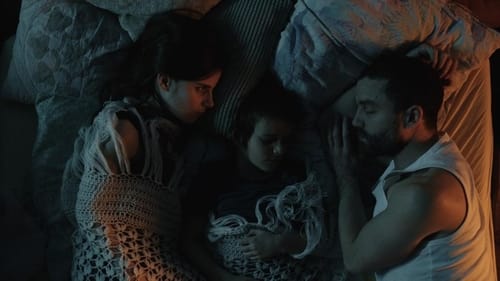
Editor
Like every evening, ten-year-old Gaëlle takes care of her little brother Kylian, while their father, Tony, works the night shift. All three of them are surviving in this fragile balance when the social services come knocking at their door.

Editor
Lea starts a job as a cashier in a big supermarket chain. During the adaptation and learning process, and under a layer of apparent normalcy, she is gradually confronted with the insensitivity to which her coworkers, all women, are subject in the name of efficiency and productivity.

Editor
Anna only knows the world through the news articles read by her father. One hot summer’s day, she is forced to confront reality.
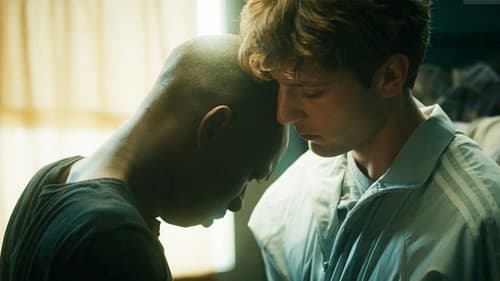
Editor
After two years in jail, Issa is about to get out when he meets Gaëtan, a young inmate who has not served his sentence yet.

Editor
Faced with the injustices of this world, Margot has lost all hope in the future. Giving up on politics, she decides to entrust her fate to the Dardu, a legendary carp that supposedly predicts the future. But the lake's rules have changed: fishing is now forbidden.

Editor
“You buy a book. You don’t really know why. It lies around, and then one day you open it, almost absentmindedly. And there you are, facing your own innermost secrets.” So begins Stan Neumann’s cinematic adaptation of W.G. Sebald’s award-winning novel, Austerlitz. The vaulted and majestic space of the railway station in Antwerp is where our journey really starts with actor Denis Lavant (Holy Motors) addressing the camera directly, and musing on the curious nature of railway stations. This bravura opening is startling, charming, and like the unnamed narrator of the book, you surrender to the proceedings and perambulate alongside Lavant, as he journeys through the great buildings of Europe, faded and shuttered hotels and grand colonnades with broken windows.
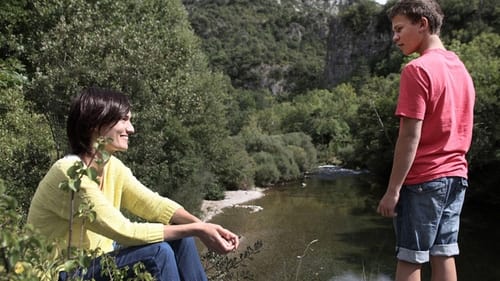
Editor
When he first enters the Montpellier Opera House, Victor knows nothing about music. Nor does he know his father, Samuel Rovinski, who is there to conduct Mahler’s 6th symphony. To change the course of his suddenly uncertain future, for Nadia his mother, for Luna whom he has fallen in love with, Victor has decided to step out of the shadows. He’ll go as far as he needs to.
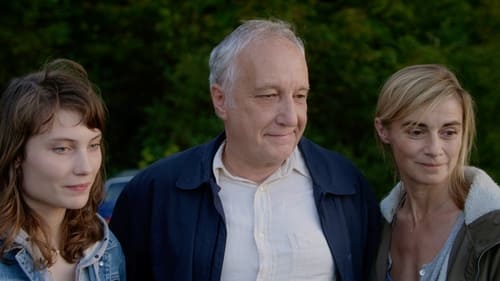
Editor
Charles and Pierrot are inseparable. When Charles takes early retirement, it seems the world is their oyster. They can spend even more time together. Their motto is simple: "Make the most of life and have fun!». They fill their days with abundant imagination, under the tender and sometimes worried gaze of the women in their lives…
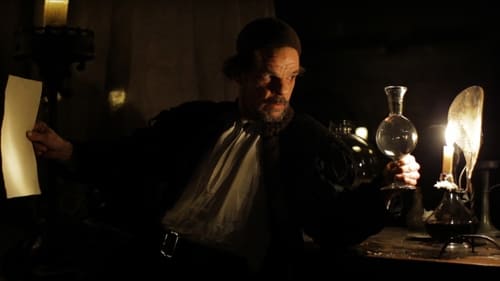
Editor
During the summer of the year 1610 one of the first telescopes made by Galileo ends up in the hands of Jean Kepler in Prague who at the time was the astronomer of Emperor Rudolp II. Kepler observes the night-sky as nobody has seen it before him. His observation platform becomes the meeting place of Prague's imperial court. In this entourage Kepler separates science from superstition, freedom from intolerance.

Editor











